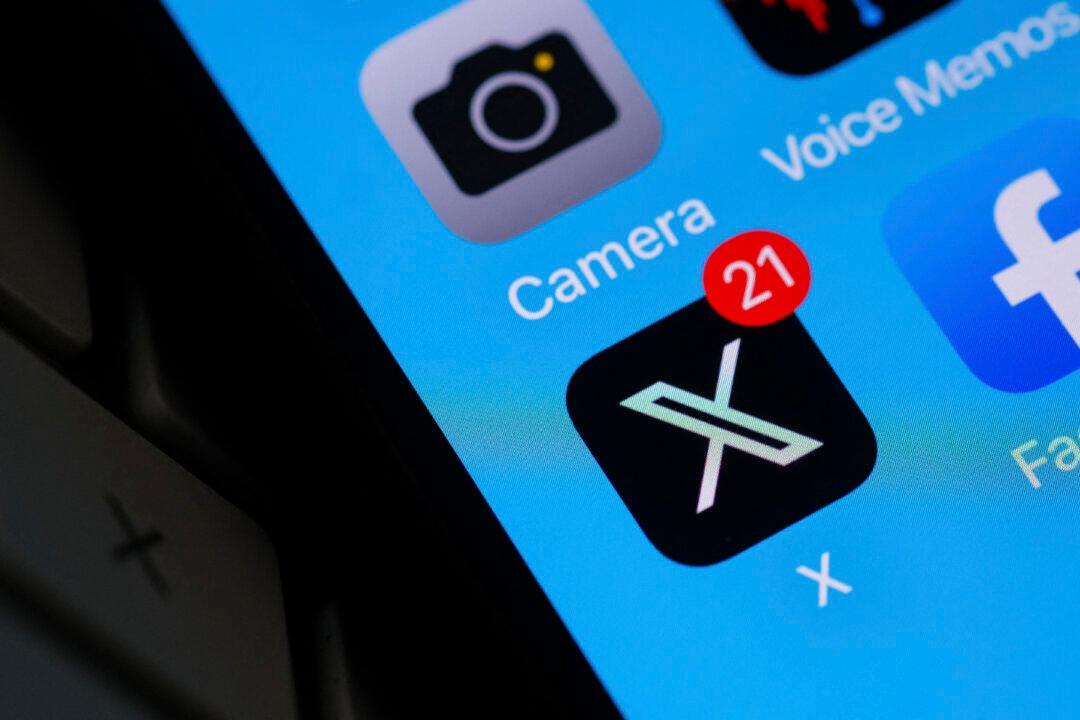Multiple Australian faith leaders have raised significant concerns about the federal government’s proposed “misinformation and disinformation” legislation.
The proposed law grants broad powers to the government agency the Australian Communications and Media Authority (ACMA), to enforce compliance from digital platforms with standards on content shared online.





